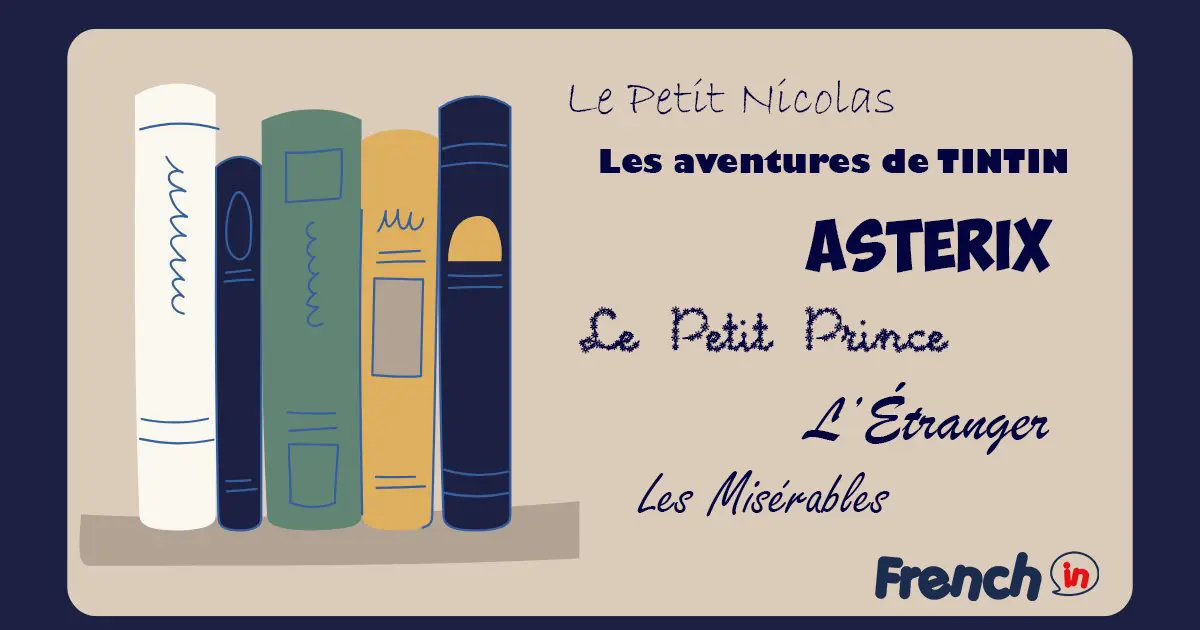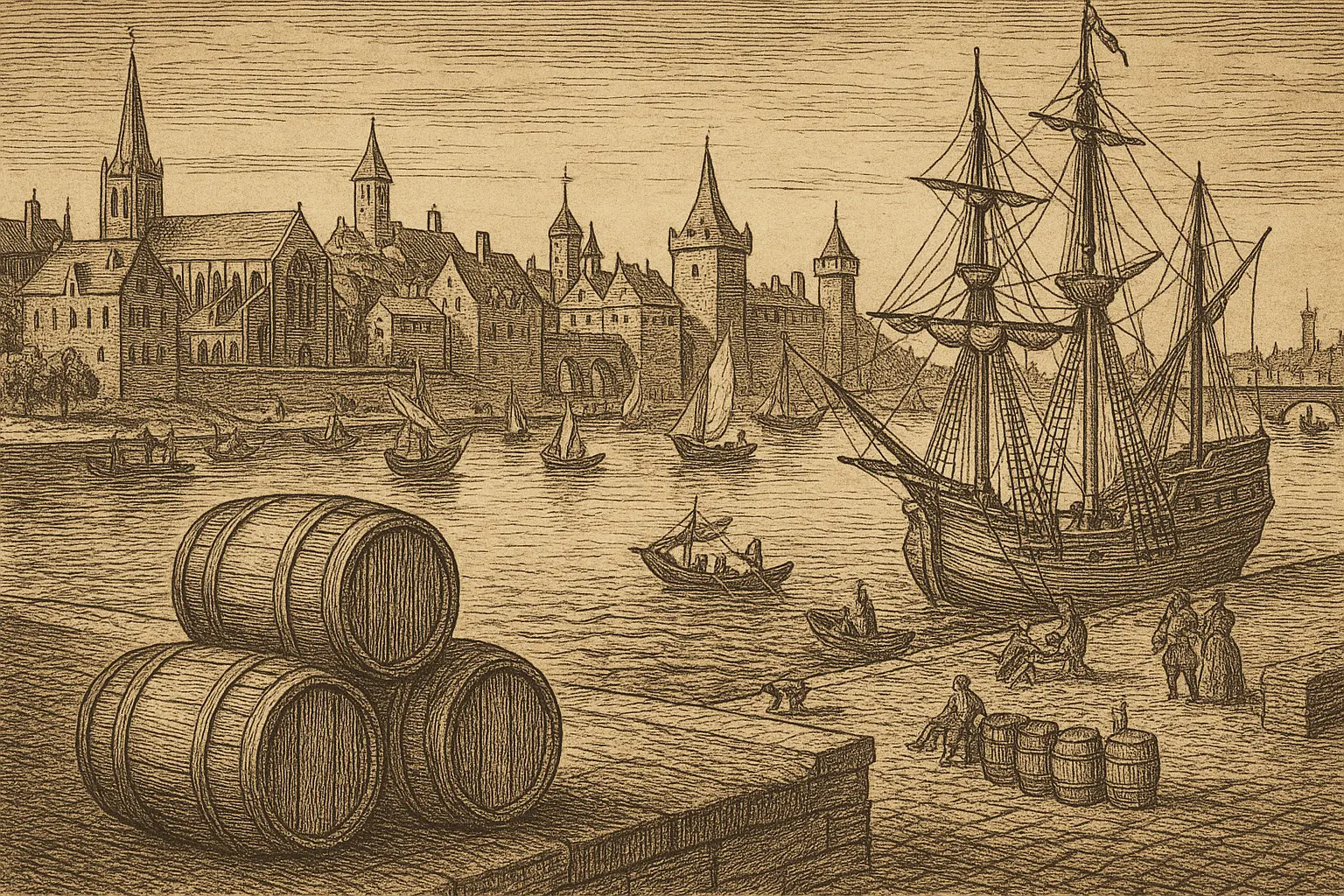If you’re learning French, you’ve probably already worked with grammar books, vocabulary lists, and listening exercises. But there’s another resource that’s just as powerful, and much more fun: movies.
French cinema doesn’t just teach you language, it immerses you in the sounds, expressions, and spirit of real-life French.
Whether you’re a beginner or well on your way, this guide will show you how to use films to improve your listening, expand your vocabulary, and deepen your cultural understanding.
Why learn French with movies?
Language is more than vocabulary lists : it’s rhythm, culture, context, and emotion. That’s why movies are one of the most powerful tools in your learning journey. They immerse you in real-life French as it’s spoken spontaneously. Films dramatically improve listening comprehension by exposing you to various accents, speech speeds, and real-life intonation. You’ll sharpen your pronunciation by hearing how native speakers naturally emphasize, pause, or shorten sounds.
Even more importantly, you’ll absorb real-life vocabulary: not just textbook French, but slang, idioms, filler words, and emotional nuance. You’ll hear how French speakers interrupt, joke, flirt, argue, or show politeness.
Movies also teach cultural fluency. Through characters and context, you’ll learn about French social norms, humor, politics, and history. You’ll pick up non-verbal cues and cultural references that textbooks miss.
And unlike rigid grammar exercises, films pull you into storytelling, which strengthens memory through emotional connection. Over time, you’ll internalize sentence structures, cultural expressions, and conversational rhythm naturally. You won’t just understand French : you’ll start feeling it.
How movies help you think in French?
One of the biggest challenges for learners is the habit of mentally translating before speaking. When you learn French with movies, you’re training your brain to link words, emotions, and actions directly—just like native speakers do.
This bypasses the need for constant translation and helps you think in French. By hearing the same phrases used in multiple contexts, you begin to anticipate sentence structures and respond more naturally.
It’s not just about memorizing vocabulary: it’s about developing linguistic reflexes. This is one of the main reasons why French cinema for language learners is such an effective tool—your brain is absorbing both the language and the logic behind it.
Why French movies in French?
Louis de Funès, Alain Delon, Catherine Deneuve, Simone Signoret, Vincent Cassel, Jean Dujardin, Marion Cotillard… France has produced some of the world’s most iconic actors, and it’s no surprise : France is the birthplace of cinema. From the Lumière brothers in the 1890s to the New Wave and beyond, French films have shaped global storytelling.
If you want to learn French, watch French movies in French. Not dubbed, and not with subtitles forever. Think about it : native speakers didn’t grow up reading translations: they heard the language daily, with cartoons, movies, and casual conversation. You can do the same. French cinema lets you hear the language as it’s really spoken: the rhythm, the emotion, the jokes, even the silences.
Subtitles can help at first, sure, but they often miss tone, wordplay, or subtle expressions. By watching in French, you pick up how natives talk, think, love, protest and celebrate. You’ll learn not just what is said, but how it’s said. It enriches your understanding of both the language and the culture. Bit by bit, films train your ear and memory. You’ll soon start to notice repeated and common structures that you can reuse, mimic pronunciation, and start thinking in French instead of translating from your native language. That’s the power of cinema: it creates an immersive environment.
From passive watching to active listening
It’s easy to sit back and enjoy a film, but to improve French listening skills, you need to shift from passive watching to active listening. That means tuning into pronunciation, intonation, and context.
Watch a scene multiple times and ask yourself: What’s the emotional tone? Are there cultural references I don’t know yet? What fillers or idioms are used in casual speech? When you learn French through movies, you’re not just picking up words—you’re decoding how the language works in real situations.
Over time, you’ll spot register changes, recognize regional accents, and even understand jokes you used to miss. That’s when real progress happens.
What to watch, and how to watch it
To get the most out of French movies, treat them like an active learning tool. Start by watching once with English subtitles to follow the story, then rewatch with French subtitles to focus on how things are said. Pause, rewind, and take notes, especially on repeated sentences, idioms, and unfamiliar grammar structures.
Try repeating lines out loud, mimicking the actors’ tone and rhythm. This helps train your ear and improves pronunciation. Rewatch difficult scenes a few days later, you’ll understand more each time. Over time, you’ll rely less on subtitles and begin to follow naturally.
Repetition deepens understanding and retention. Once you’ve found your rhythm, pick movies that match your level. As a beginner, look for movies with clear speech, slower dialogue and strong visual storytelling.
Intermediate learners can switch to full French subtitles, and advanced learners might even watch with no subtitles at all. Le Petit Nicolas and Les Choristes are great for simple language and clear speech. Amélie is charming and poetic, while Intouchables brings you closer to real-life conversations. For a challenge, La Haine dives into youth slang and fast-paced dialogue.
Many of these titles are available on major streaming platforms, but for learners looking for free and culturally rich content, ARTE’s online platform is an excellent resource. This European cultural channel regularly features French movies with multilingual subtitles, making it perfect for those who want to learn French with movies while discovering French and European cinema.
If you’re serious about learning French through cinema, why not combine it with structured support? At French In, we offer a wide range of French language courses in France that integrate authentic materials like films, podcasts, and real-life dialogues. Whether you’re learning in Paris, Bordeaux, or online, our courses help you build vocabulary and cultural fluency through immersive methods.
Best types of French movies for beginners
If you’re just starting out, choosing the right content is essential. Not all films are suitable for French movies for beginners. Look for family films, comedies, or coming-of-age stories with slower-paced dialogue and strong visual storytelling.
Animated films like Le Petit Prince or Azur et Asmar can be excellent starting points. Also, many short films are available for free online and are perfect for digestible language exposure. The more enjoyable your experience, the more likely you are to stick with it. Remember: the goal is to learn French with movies, not to feel overwhelmed.
As your level increases, you can gradually move to more complex films and explore different genres.
Watching French films isn’t just a fun break from studying: it’s a powerful way to absorb the language naturally. At French In, we tailor activities to your personal interests and use authentic materials to bring your learning to life. Instead of memorizing words, you’re immersing yourself in voices, expressions, and ways of thinking that bring the language to life.
Whether you’re laughing with Louis de Funès or navigating the Paris streets with Amélie, you’re not just improving your French, you’re becoming part of its culture. So grab some popcorn, press play, and let French cinema become your favorite language teacher.



